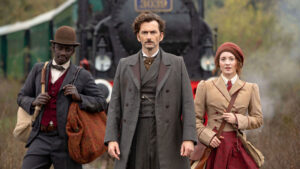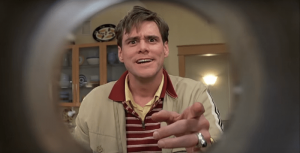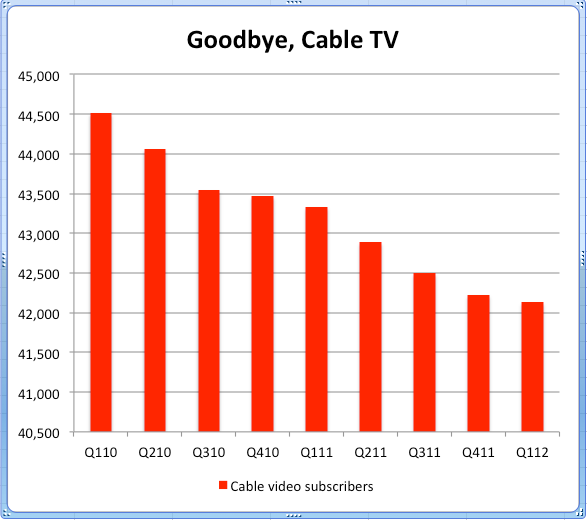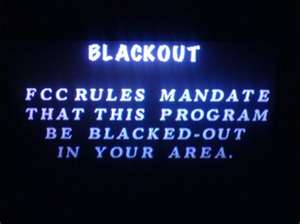Sunday night television on PBS here in St. Louis offers Around the World in 80 Days followed by All Creatures Great and Small. It’s been a great opportunity for me to give my opinions on the two shows. I’ve done so over the last couple of weeks.
Today I’m going to narrow my focus down a little and simple compare the opening sequences of both shows. What works? What doesn’t work? Why does it work? Why doesn’t it work? I will attempt to refrain from being critical of other elements of both shows although I promise nothing. Anyone who’s read my other reviews is sure to know my thoughts on the merits of each of the shows.
Opening Sequence Around the World
The opening sequence of Around the World in 80 Days involves our three protagonists walking through a fly-infested region appearing somewhat lost and disheveled. They come across a young girl who leads them to a village. In the village they encounter a matriarchal figure who explains a wedding between her daughter and a young man is planned for later.
This sequence probably took about five minutes although it seemed to drag interminably.
Opening Sequence of All Creatures
The opening sequence of All Creatures Great and Small has our four protagonists walking along a road at the back of a funeral. The camera focuses on a woman, apparently the widow, her two small children, and a strapping young fellow. A farmer coming the other way tips his cap.
The scene took perhaps a minute or two and not a single word of dialog is spoken.
The Implications
The implications of the opening sequence are quite important in telling a story. The audience needs to know the focus of the episode. What is the story going to be about?
Around the World and 80 Days and All Creatures Great and Small are certainly two different kinds of stories with apparently little in common. But, if you look closely, there were similarities this week. In both shows a group of strangers drive the external conflict and plot.
In this case the implication from the opening sequence in Around the World revolved, to my mind, around the little girl and the family matriarch. The wedding didn’t seem like it was going to be that important, there was something about the girl.
In All Creatures it seemed clear to me that the widow and her children were the focus of the conflict in the coming episode.
How it Unfolded in Around the World
This is where, in my opinion, the opening sequence failed in Around the World and succeeded in All Creatures. It turns out the young girl was unimportant and even the matriarch of the family only played a smaller role. The wedding brought on the conflict as it turned out the groom deserted his unit. A young British lieutenant and his troops arrived in the middle of the wedding and dragged the groom off.
A moment to commend Charlie Hamblett for his portrayal of Lieutenant Bathurst. The only performance I found convincing. I shall not dwell, onto my focus.
The problem here is the opening sequence didn’t introduce the antagonist or even really let us know about the main conflict of the episode. It completely misdirected us to the young girl.
How it Unfolded in All Creatures
We immediately find ourselves entangled in the main plot of James helping the widow with her sick cows. The widow is desperately trying to manage the farm and her two sons with the help of a young man but it’s not easy. The cows are sick, they must be kept inside, this costs money. The local farmers think she should sell.
The opening sequence did not lie to us. It introduced us to the main characters of the story and the conflict of the sick cows is a direct result of the death of the farmer. Everything unfolded in a completely natural and organic fashion. It made sense. The story grabbed me and held me. I didn’t find myself confused.
Conclusions
This is why an opening sequence is important. It prepares the audience for what is to come. I think All Creatures succeeded in a two-minute sequence with no dialog where Around the World failed in a much longer sequence with too much dialog.
The failure and success in the first few minutes of the episodes tell us a great deal about the general quality of the writing in both shows. It’s no surprise that the entire episode of All Creatures engrossed me whereas 80 Days largely left me unsatisfied.
But, I promised I wouldn’t get into all of that, so I won’t.
Tom Liberman











